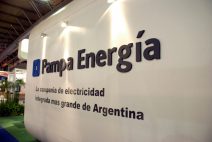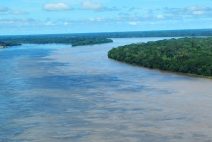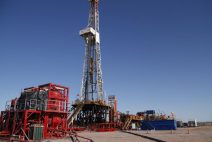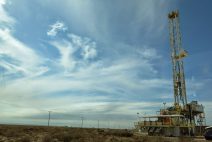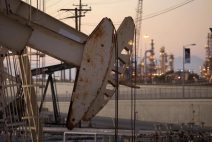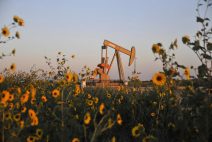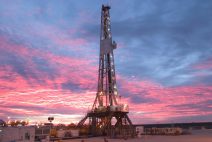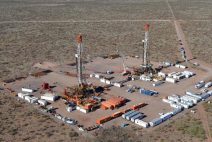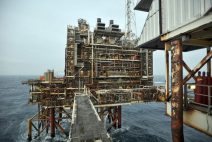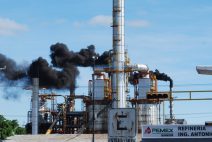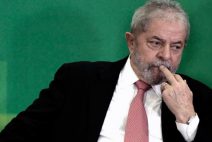The governments of Argentina and Brazil will sign a memorandum of understanding this year, outlining new rules for the integration of their natural gas networks, announced Argentina's Secretary of Energy, Eduardo Rodríguez Chirillo, in Rio de Janeiro.
"We are negotiating it; we will sign it in the coming weeks, and it will be important when Argentina begins exporting gas to Brazil from the (vast reserves of) Vaca Muerta," Rodríguez stated during a presentation at the Rio Oil and Gas (ROG-e) congress.
He also explained that the memorandum aims to address all issues related to the integration of natural gas infrastructure and coordinate matters regarding the transportation and export of fuel between the two countries.
Joao Carlos de Luca, former president of the Brazilian Institute of Petroleum (IBP) and a speaker alongside Rodríguez at the conference, emphasized the importance of advancing economic agreements and negotiations between Mercosur's two largest partners, despite political differences between their leaders.
"Despite ideological differences, what’s important is that pragmatism prevails," said De Luca, referring to the divergences between Brazil's President Luiz Inácio Lula da Silva and his Argentine counterpart, Javier Milei, who have yet to hold a bilateral meeting.
According to Rodríguez, the memorandum also includes provisions for the necessary measures to enable the two countries to agree on natural gas exports in emergency situations.
He added that revising the bilateral interconnection regulations is necessary because Argentina has adopted a new energy policy that ends state intervention and opens the sector to private companies.
"Under the new legal framework, companies will no longer need government authorization to export hydrocarbons and fuels. They will be able to do so freely," he asserted.
The new model positions Argentina as a net fuel exporter, rather than a country solely focused on self-sufficiency.
Rodríguez noted that the memorandum of understanding signed by the two countries in 2022 to regulate their energy exchanges is now outdated, as it imposes limits on transmissions and allows governments to intervene to favor their domestic markets.
In this regard, he mentioned that Brazil and Argentina currently have two electrical interconnection systems with the capacity to exchange up to 2,250 megawatts (MW) of energy, but only 48% of this capacity is operational due to restrictions.
Rodríguez stated that Argentina will be able to start exporting gas from Vaca Muerta to Brazil once the reversal of the pipeline, through which it previously received gas from Bolivia, is completed. This is initially scheduled for October 7.
The government of Neuquén, the Argentine province where Vaca Muerta is located, reports that there are projects to export around 34 million cubic meters of gas per day from these reserves to Brazil.

